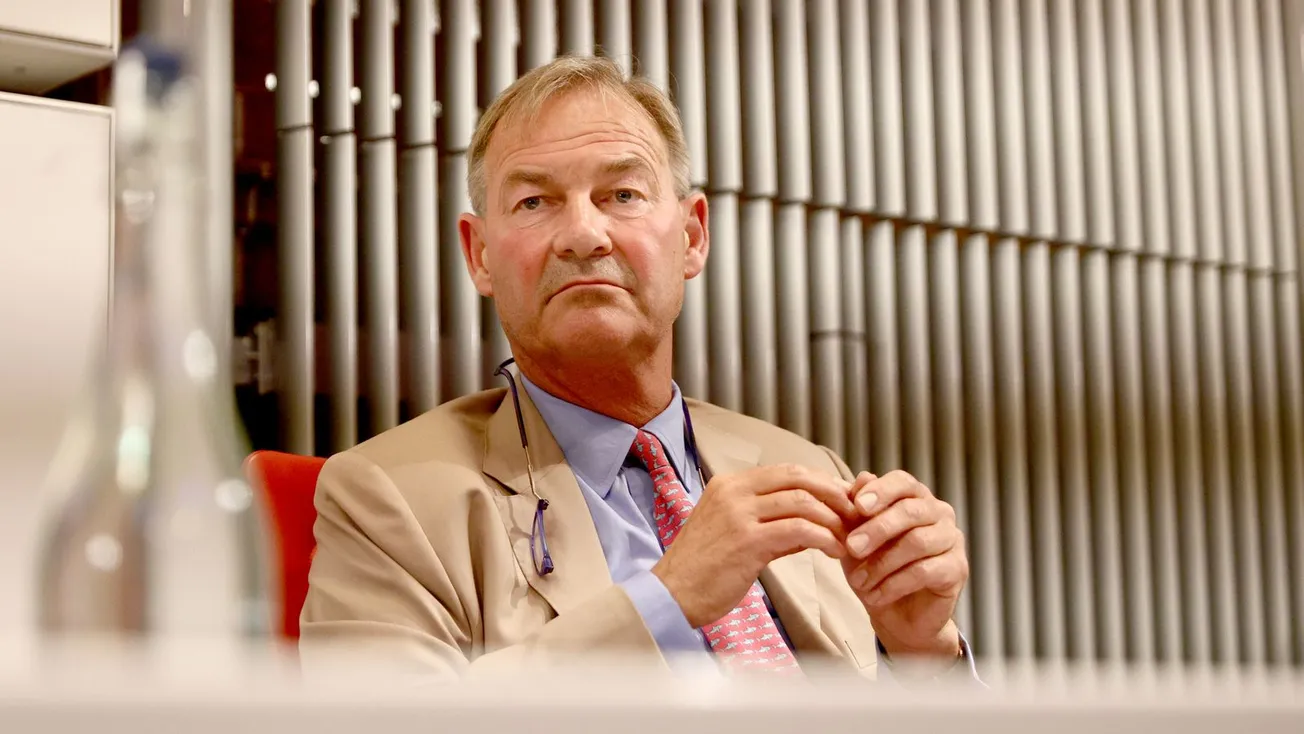Table of Contents
Dr Frederick Attenborough
Dr Frederick Attenborough is the executive director of communications and research at the Free Speech Union.
Something strange is happening to Britain’s foreign policy discourse. It’s not just that ideology is drifting from reality – a familiar enough feature of the post-Blair era – but that the performance of strategy now seems to matter more than the strategy itself. Nowhere is this clearer than in Keir Starmer’s attempt to assemble an appropriately Blairite-sounding ‘coalition of the willing’ to ‘keep the peace’ in Ukraine.
According to the Telegraph, this plan has been dismissed by senior military sources as “political theatre”, with one stating bluntly: “There’s no military sense in it.”
Another was more specific. “There are about 700,000 Russians in and around Ukraine and over a million Ukrainians under arms,” he noted, before asking, incredulously: “What is a 10,000-international force based in the west of the country over 400km from the frontline meant to do? What is the mission? What is its legitimacy? What are the rules of engagement? How it is commanded, supplied and housed? How long is it there for and why? No one knows.”
No one knows, no. But, heck, it sure sounds good – and Labour focus groups have no doubt indicated it’s playing well in the marginals.
Alas, the mistake both officials made was to assume this was ever to be assessed in operational terms. Because as another, decidedly on-message army source goes on to explain, the coalition is less about actuality than about “galvanising political signalling of our enduring commitment to Ukraine’s security”.
Galvanising political signalling of our enduring commitment to Ukraine’s security. This is language unmoored from material reality; the grammar of geopolitics (‘galvanising support for Ukraine’s security’) now detached from the logic of war by two participles, two adjectives, and three possessive constructions that leave us with… well, nothing, really.
There’s a striking resemblance here to the kind of ideological optimism that flourished in Stalin’s USSR, where facts were subordinated to slogans and failed agricultural plans were propped up by elaborate declarations of revolutionary intent. You could almost play a party game with this kind of rhetoric. Just replace the contemporary nouns, preserve the syntax and tone, and you’re back in a Lysenko-era press release.
So instead of this quote from the Telegraph:
A senior army source said that while he was confident the military would be able to plan something to work within Mr Trump’s Easter deadline, it remained a “political and diplomatic question” over whatever plan the coalition of the willing came up with was actually executed. He said the coalition was more about “galvanising political signalling of our enduring commitment to Ukraine’s security”, and added that the discussions of the RAF providing air cover were the most “credible” part of talks within the coalition.
We get:
A senior Soviet scientist said that while he was confident model farms on the Soviet Creative Darwinism field laboratory could grow arable crops to work within Stalin’s Easter deadline, it remained a “political and diplomatic question” over whatever plan the politburo came up with for actually feeding the masses. He said the regime’s neo-Lamarckian rejection of Mendelian genetics was more about “galvanising proletarian signalling of our enduring commitment to communism”, and added that the discussions of the military providing food parcels in the event of famine was the most “credible” part of talks ongoing within the Central Committee.
In both cases, the narrative has to be in place before reality arrives – because it never will. And in the meantime, there are various audiences to impress: in Lysenko’s case, the Western world; in ours, NATO and the US.
Starmer may or may not believe that “galvanising political signalling” will do anything to silence the meat grinder. But in the meantime, it usefully positions him as a serious international statesman. Churchillian in affect, if not in effect.
Never before has the phrase ‘theatre of war’ seemed so apposite.

This article was originally published by the Daily Sceptic.









